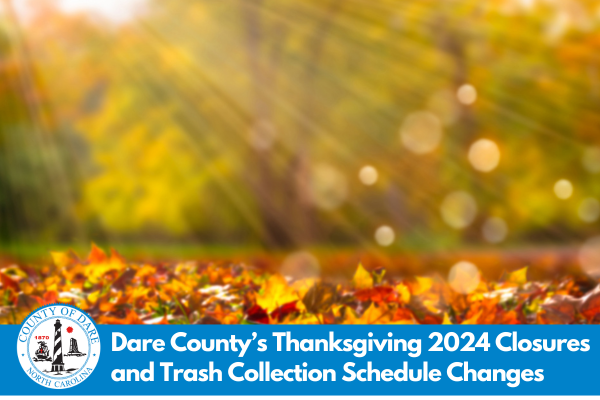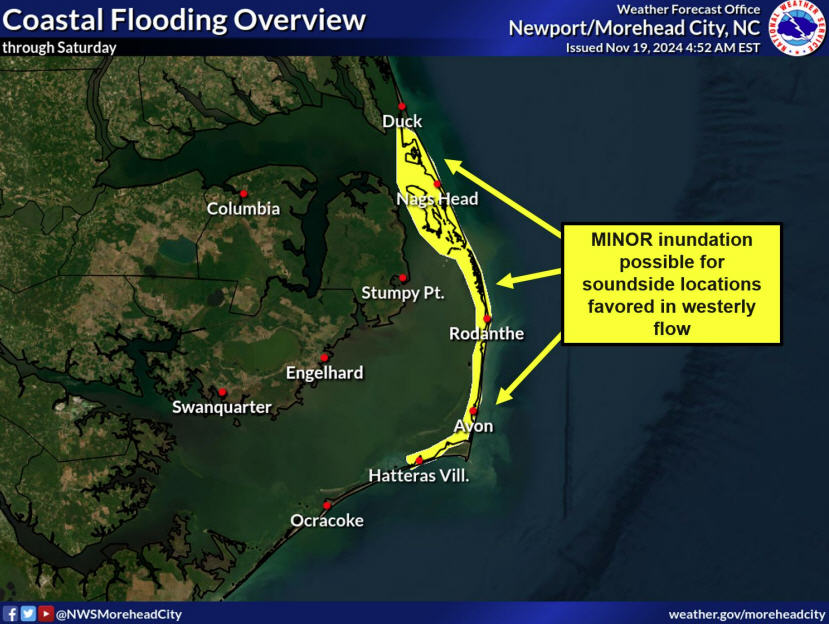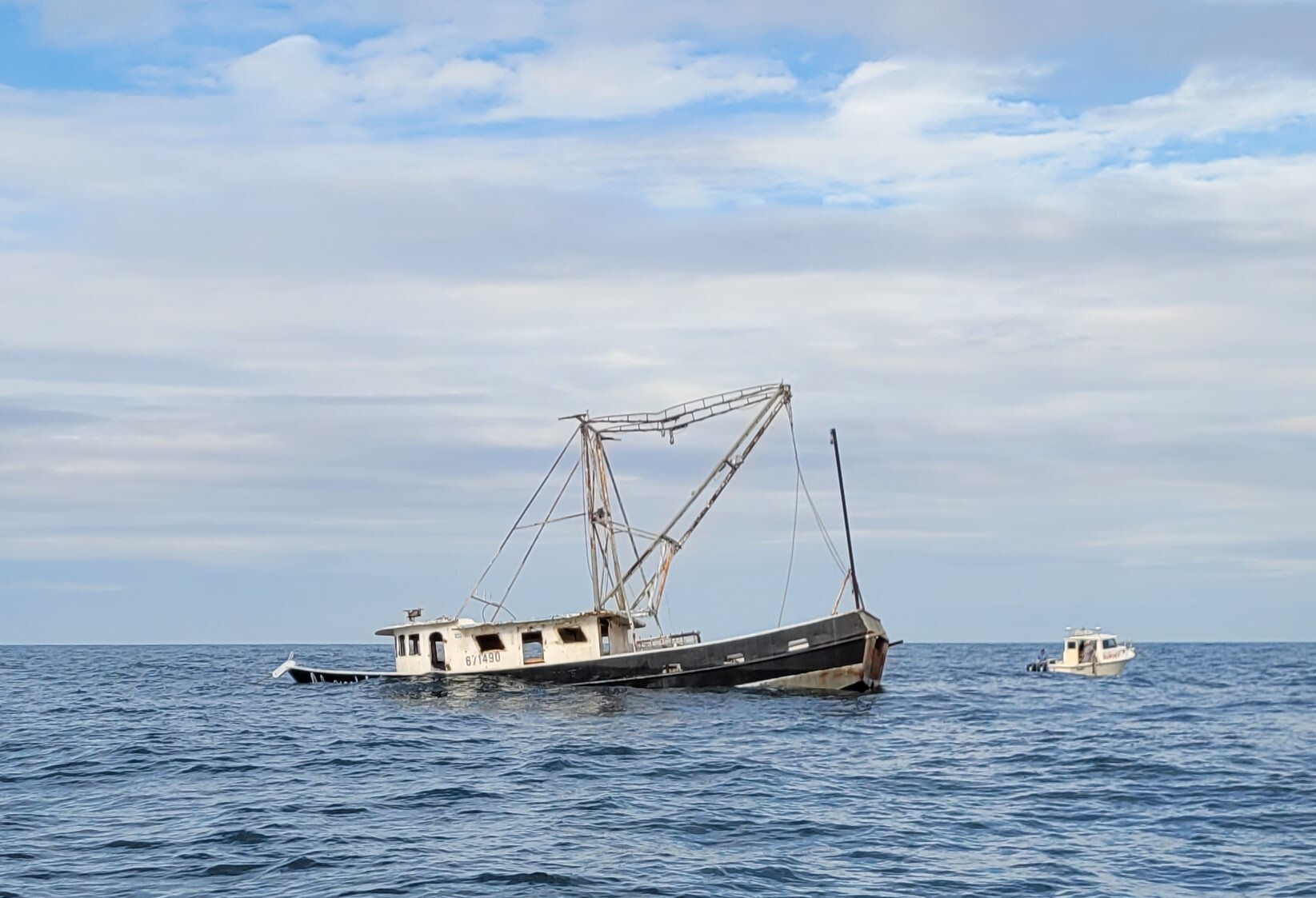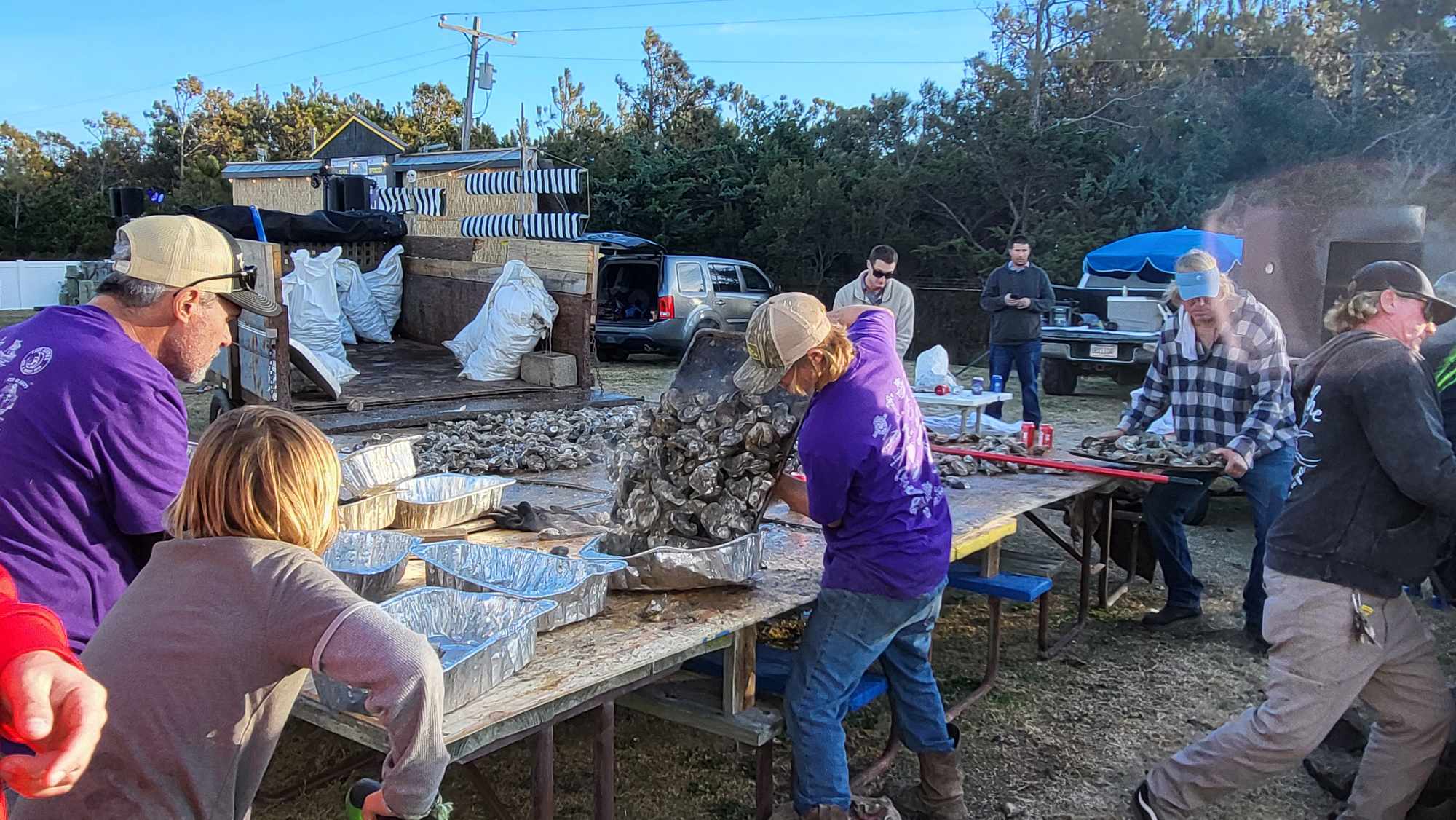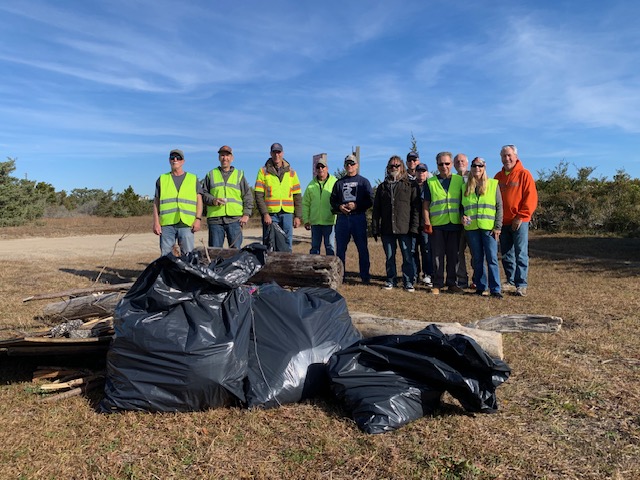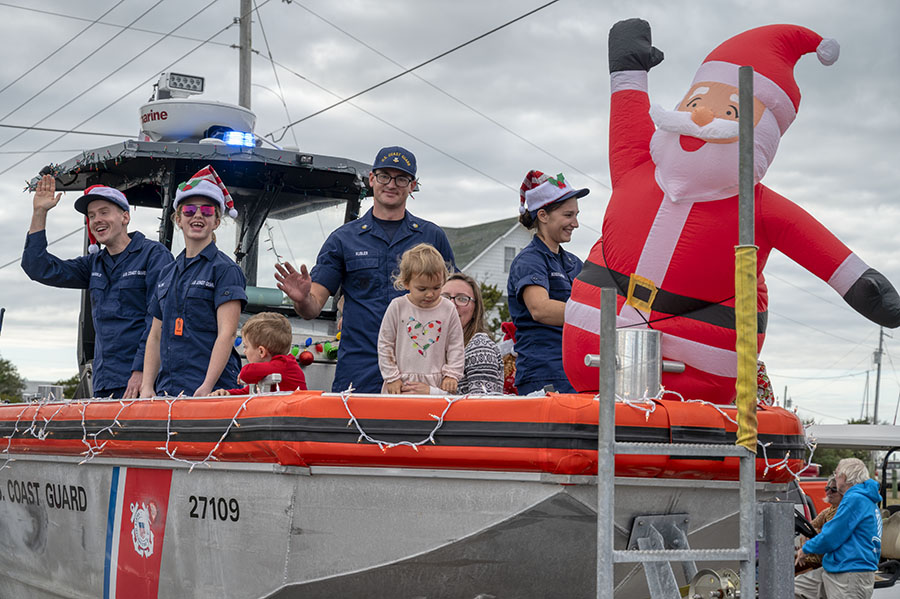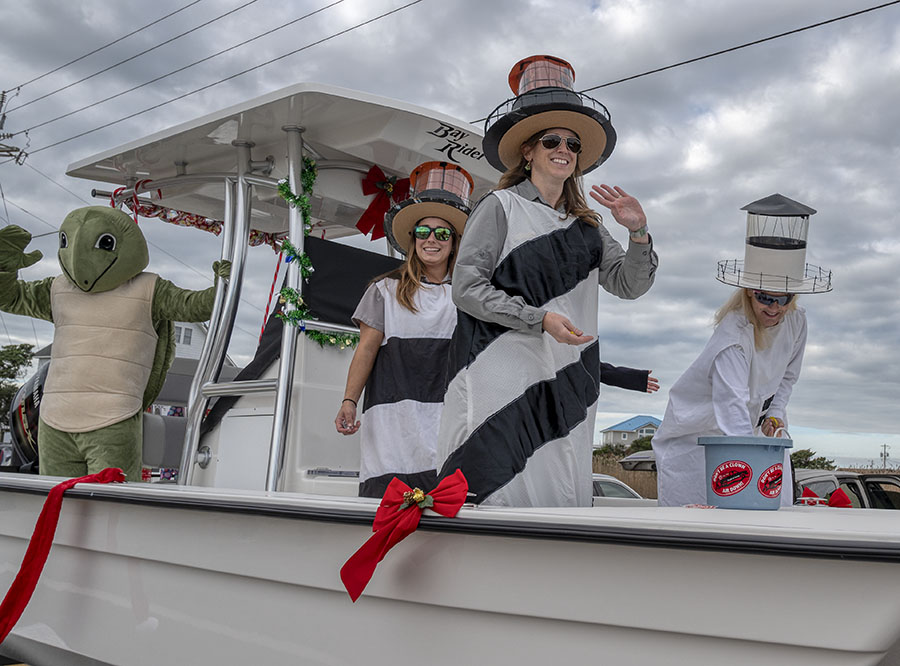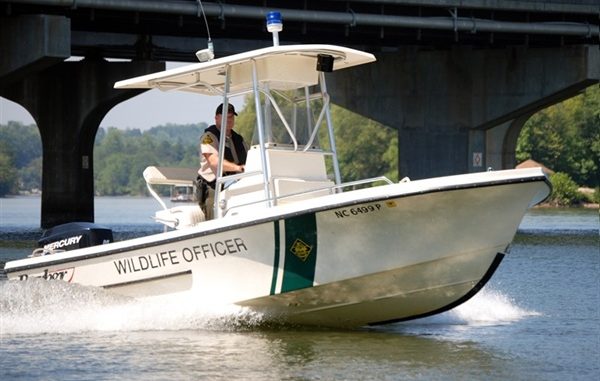
In an effort to ensure a safer July 4 holiday experience on the water, wildlife law enforcement officers with the N.C. Wildlife Resources Commission will participate in Operation Dry Water, a national campaign being observed July 4-6, developed through the National Association of State Boating Law Administrators (NASBLA).
The focus of the campaign is to heighten enforcement and awareness about the dangers of boating while impaired. Wildlife officers will be increasing water patrols, providing boaters with information on the dangers of impaired boating and enforcing state laws.
“This is one of the busiest weekends for boaters every year. The presence of law enforcement officers in North Carolina is a key factor in preventing incidents from occurring or escalating,” said Lt. Forrest Orr, of the NCWRC’s Law Enforcement Division. “The Operation Dry Water campaign is an effective resource in providing safer boating opportunities, keeping boating safety at the forefront of holiday activities.”
It is unlawful to operate a recreational vessel with an alcohol concentration of .08 or higher, or while being appreciably impaired by alcohol, drugs or other impairing substances. During last year’s campaign, NCWRC wildlife law enforcement officers deployed 159 officers and removed 40 people from the water who were boating while impaired.
Officials also stress the importance of other boating safety practices while on the water. So far this year, 37 boating incidents have occurred in North Carolina; seven were fatal. Wildlife law enforcement officers urge boaters to boat responsibly. Last year in North Carolina, boating incidents resulted in 19 fatalities. Of those, 17 were not wearing a life jacket.
Additional support for Operation Dry Water and The Governor’s Highway Safety Program’s Operation Firecracker Booze It & Lose It campaign includes North Carolina State Highway Patrol, the North Carolina Alcohol Law Enforcement and the North Carolina Forensic Tests for Alcohol Branch.
Read more information about Operation Dry Water and visit NCWRC’s boating safety campaigns webpage.


